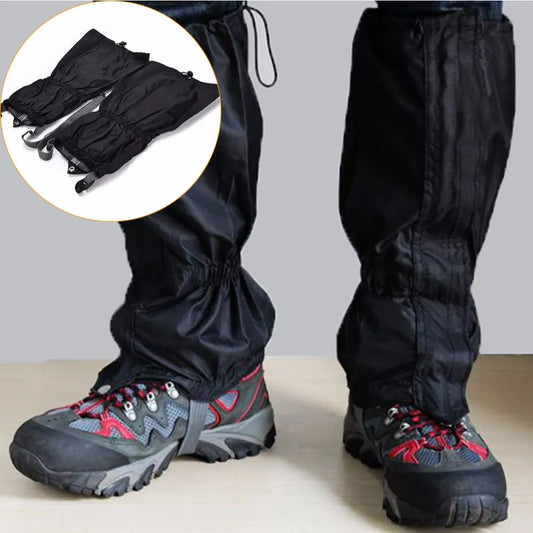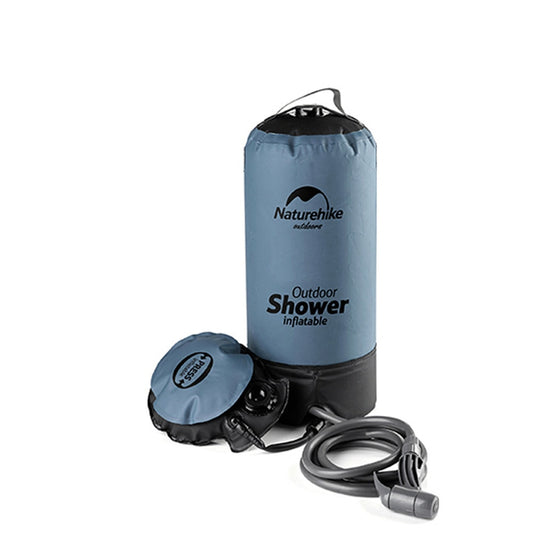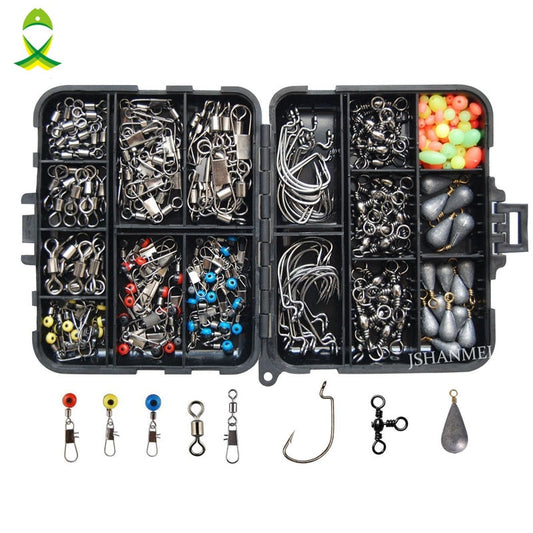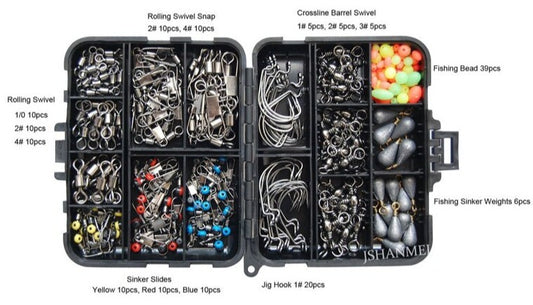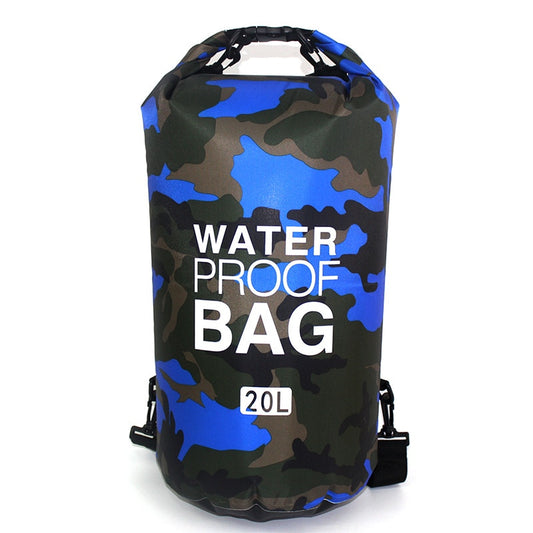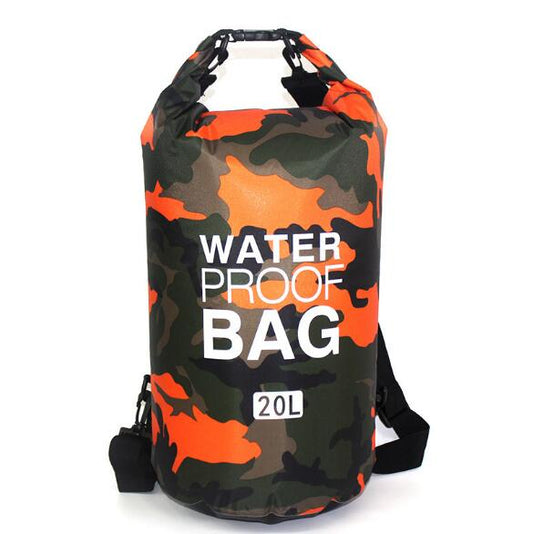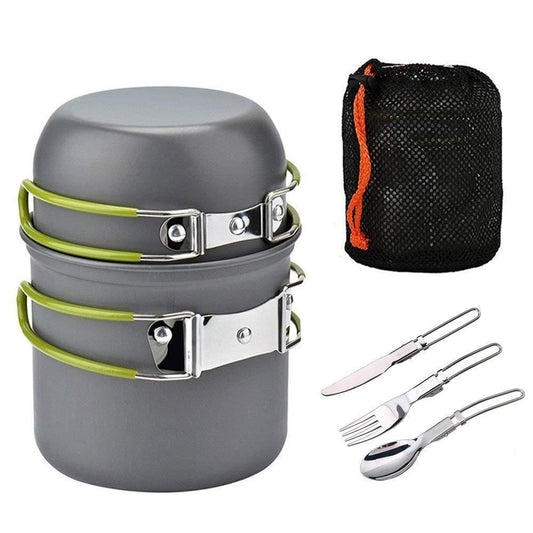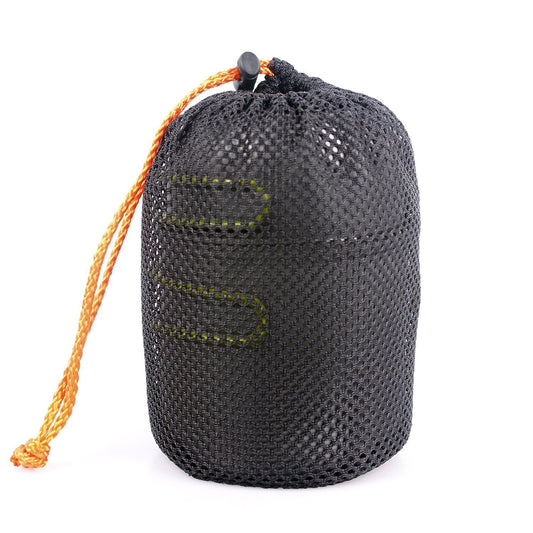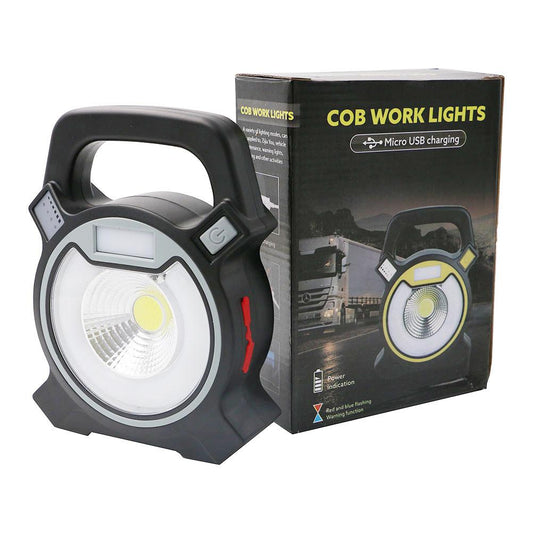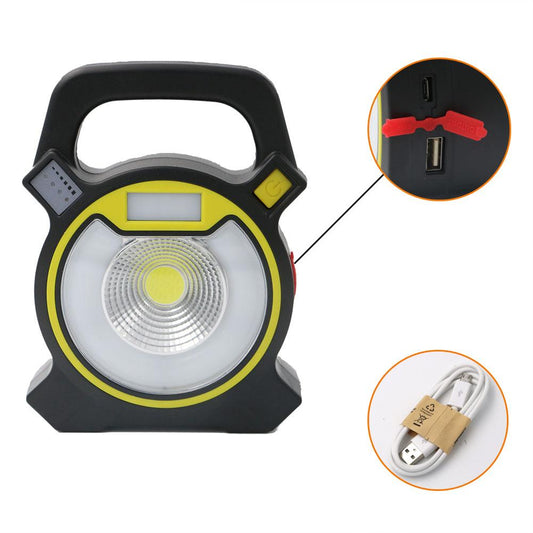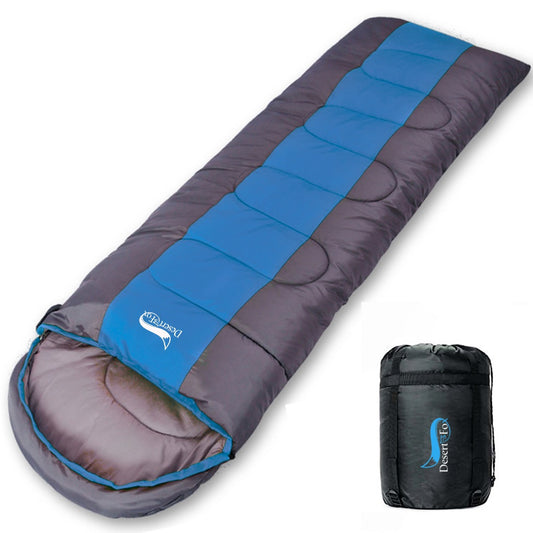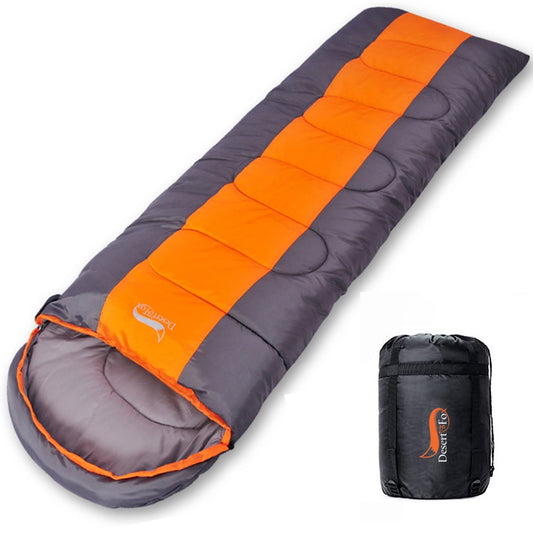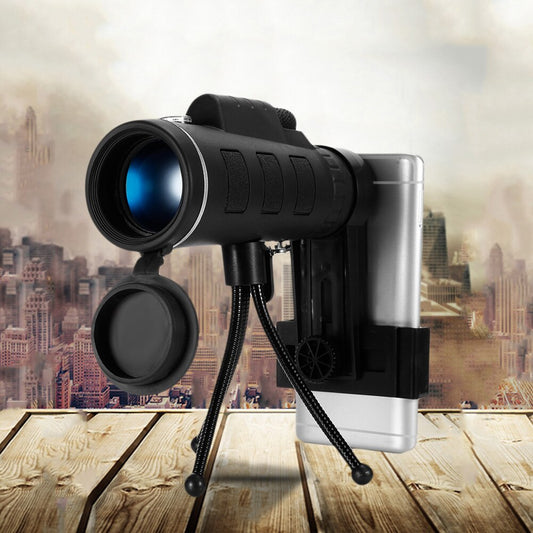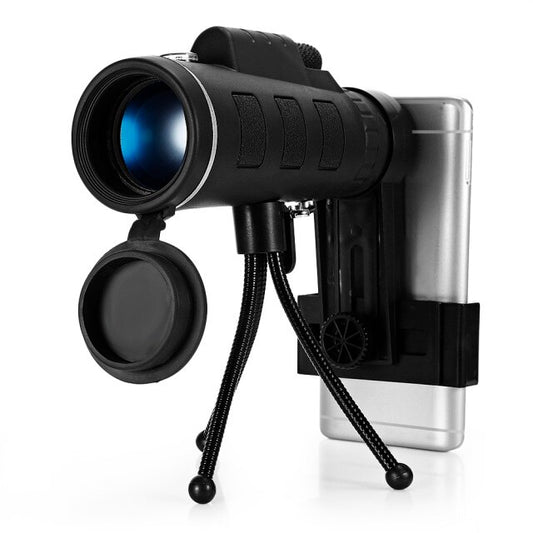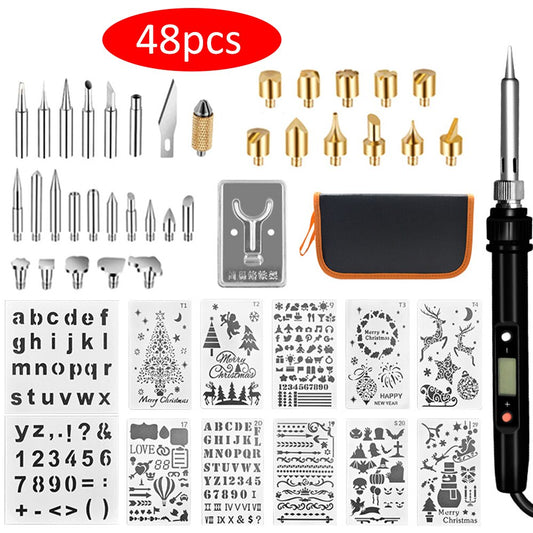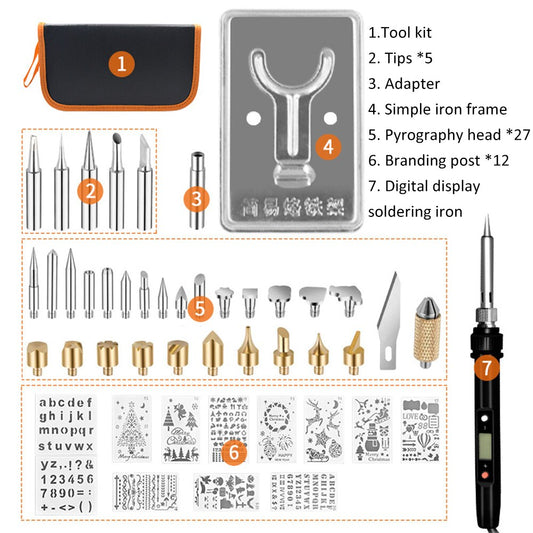
How To Handle Adulthood More Effectively
Share
Navigating adulthood can be daunting. To help young people thrive, it's crucial to equip them with essential life skills. This blog covers a comprehensive range of topics to prepare youth for the adult world, from financial literacy to self-care.
Financial Literacy: Building a Strong Foundation
Understanding money management is crucial for financial independence and stability. Here are key areas to focus on:
- Budgeting: Learn how to track income and expenses, set financial goals, and prioritize spending. Create a monthly budget helps you to avoid overspending and save for future needs.
- Saving: It is imperative that you understand the importance of saving a portion of your income for emergencies, large purchases, and long-term goals. Be sure to have a savings account and ask your bank about other financial tools they might have available.
- Investing: Learn basic investment concepts, such as stocks, bonds, and mutual funds. Understand the power of compound interest and the importance of starting early.
- Managing Debt: Educate yourself about different types of debt, interest rates, and the importance of paying off debts on time to avoid accumulating interest, penalties and how that can affect your credit score.
Basic Cooking: Nourishing Independence
Cooking skills are essential for maintaining a healthy lifestyle and saving money. Focus on:
- Simple Recipes: Learn how to prepare basic, nutritious meals using affordable ingredients.
- Meal Planning: Explore how to plan meals for the week, make shopping lists, and avoid food waste. This saves money and decreases spending money on junk food.
- Kitchen Safety: Ensure that you know how to handle kitchen equipment safely and practice good hygiene while cooking, so you don't get food poisoning.
Laundry Skills: Keeping Clothes Clean and Fresh
Proper laundry skills are essential for maintaining personal hygiene and prolonging the life of clothes:
- Sorting Clothes: Learn how to separate laundry by color and fabric type to prevent damage and color bleeding.
- Using a Washer and Dryer: Learn how to operate washing machines and dryers, including selecting appropriate settings for different fabric types.
- Fabric Care: Pay attention to clothing labels and care for delicate items properly.
Time Management: Mastering Productivity
Effective time management helps in balancing responsibilities and achieving goals:
- Prioritizing Tasks: Distinguish the difference between urgent and important tasks and allocate time accordingly.
- Setting Goals: It's important to set short-term and long-term goals, breaking them down into manageable steps with a deadline on when you want to achieve those goals.
- Managing Time: Learn about tools like calendars, planners, and to-do lists to help stay organized and stay on track.
Critical Thinking: Navigating Information and Decisions
Developing critical thinking skills is essential for making informed decisions:
- Questioning Information: You'll need to question sources of information and seek out reliable, unbiased data. There are too many scammers out there to just blindly trust everything you read.
- Logical Thinking: Learn skills to analyze situations logically and consider multiple perspectives before making decisions.
- Problem-Solving: You'll need to know how to identify problems, brainstorm solutions, evaluate options, and implement effective strategies.
Communication Skills: Expressing Ideas Clearly
Effective communication is key in personal and professional relationships:
- Verbal Communication: Practice how to articulate thoughts clearly, listen actively, and engage in meaningful conversations.
- Written Communication: Learn valuable writing skills for emails, resumes, reports, and other professional documents.
- Non-Verbal Communication: Learn the significance of body language, facial expressions, and tone of voice in conveying messages.
Self-Defense: Enhancing Safety and Confidence
Basic self-defense skills can boost confidence and ensure personal safety:
- Basic Techniques: Take a self -defense course to learn simple moves that can save your life in emergency situations.
- Situational Awareness: Always be aware of your surroundings and recognize potential threats, so you can avoid potential conflicts.
- Confidence Building: It's important to have self-confidence in preventing and responding to dangerous situations. If needed, take a self-confidence building course.
First Aid: Responding to Emergencies
Basic first aid knowledge is essential for handling common injuries and emergencies:
- Basic Procedures: Take a CPR course and get certified. Learn how to treat cuts and burns, and handle choking incidents.
- Emergency Preparedness: Learn about how to respond to various emergencies and when to seek professional medical help. Create an emergency kit and start adding to your food storage supplies
- First Aid Kits: Be sure to learn how to assemble and use a basic first aid kit and essential emergency gear.
Household Maintenance: Keeping a Home in Order
Basic household maintenance skills are essential for independent living and will save you a lot of money:
- Basic Repairs: Learn how to perform simple repairs, such as fixing a leaky faucet, changing a light bulb, and unclogging a drain.
- Maintenance Tasks: Learn how to maintain appliances, check smoke detectors, and perform routine home maintenance tasks.
- Tool Usage: Be sure to have a full tool box and lean how to use basic tools safely and effectively.
Technology Literacy: Navigating the Digital World
Proficiency in using digital devices is crucial in today's tech-driven world:
- Computer Skills: Make sure to learn essential computer skills, including word processing, spreadsheets, and internet research.
- Smartphone Usage: You must know how to use smartphones effectively, including managing apps and protecting personal information from the plethora of aggressive hackers and scammers.
- Digital Etiquette: Know the importance of online etiquette, privacy, and cybersecurity. Make sure to turn on 2-step authentication anywhere you can to protect yourself.
Health and Hygiene: Maintaining Well-Being
Good health and hygiene practices are vital for your overall well-being:
- Personal Hygiene: You must pay attention to the importance of daily hygiene practices, such as bathing, brushing teeth, and handwashing for general overall health.
- Healthy Habits: Maintain regular exercise, a balanced diet, and sufficient sleep for optimal health.
- Preventive Care: Be sure to get your regular medical check-ups, dental exams and vaccinations.
Emotional Intelligence: Understanding and Managing Emotions
Emotional intelligence helps in building strong relationships and managing stress:
- Self-Awareness: Life is so much easier if you know how to recognize and understand your own emotions and take appropriate actions to improve them.
- Empathy: Learn how to empathize with others and understand different perspectives.
- Emotion Regulation: Learn some techniques on how to manage emotions in a healthy way, such as through mindfulness and stress-relief tools.
Networking Skills: Building Professional and Social Connections
Networking is crucial for career development and social growth:
- Building Connections: To be successful in life you need to learn how to network effectively, both online and in person.
- Maintaining Relationships: When you have that network going, be sure to nurture them, both professional and social connections.
- Professional Etiquette: It's important to communicate professionally and follow up with your contacts.
Driving Skills: Ensuring Road Safety
Driving skills are essential for independence and mobility:
- Basic Driving Skills: Learn the fundamentals of safe driving and get your drivers license.
- Traffic Rules: Learn the rules of the road and the importance of following them. Keeping your self in check against road rage.
- Vehicle Maintenance: Learn how to perform basic vehicle maintenance, such as checking oil levels, adding washer fluid and maintaining your tire pressure.
Civic Responsibility: Contributing to Society
Understanding civic responsibility is important for being an informed and active citizen:
- Rights and Responsibilities: Learn about their rights and responsibilities as citizens.
- Community Involvement: We encourage participation in community service and local events.
- Voting and Advocacy: Know the importance of voting and advocating for causes you believe in.
Self-Care: Prioritizing Well-Being
Self-care is crucial for maintaining physical and mental health:
- Physical Self-Care: To maintain a healthy body get regular exercise, a balanced diet, and adequate sleep.
- Mental Self-Care: Its important to pay attention to your mental health practices, such as mindfulness and seeking professional help when needed.
- Leisure Activities: Engage in hobbies and activities you enjoy for relaxation and stress relief.
Entering the adult world is a multifaceted journey that requires a diverse set of skills. By focusing on these helpful tips, you can navigate this transition into being a successful adult with confidence and competence.
Presented by Coach Trina at dragoyle.com



